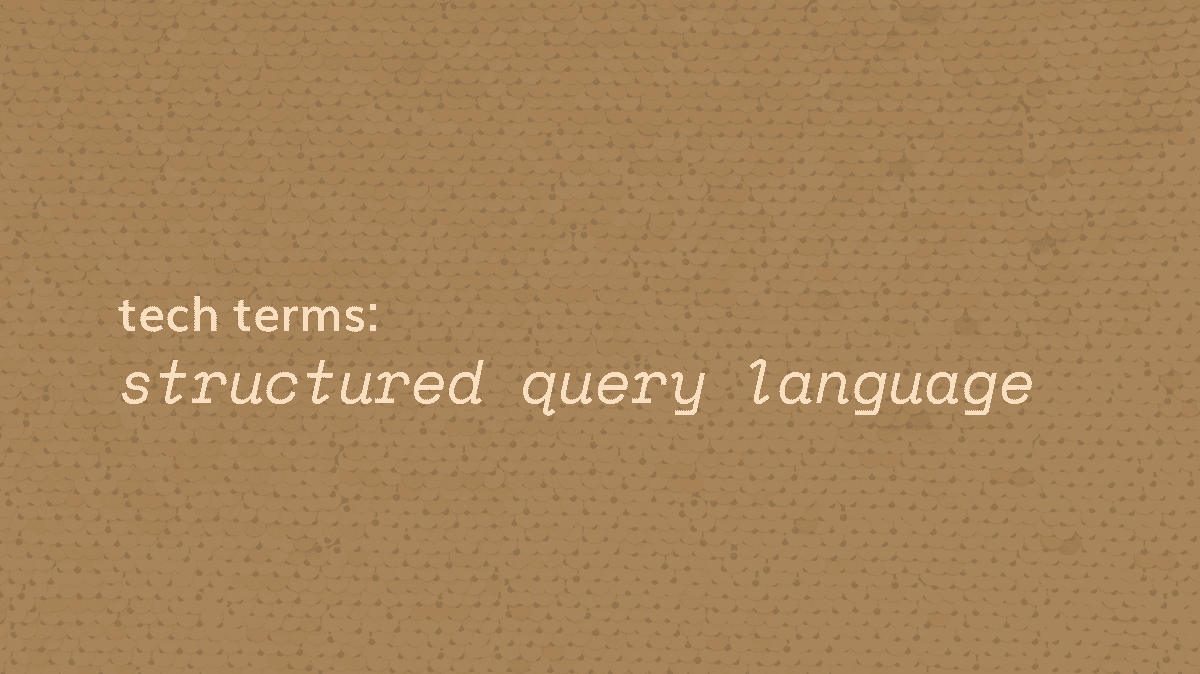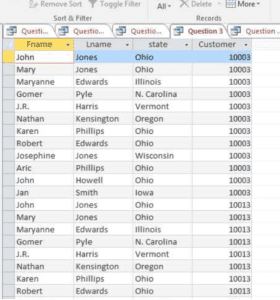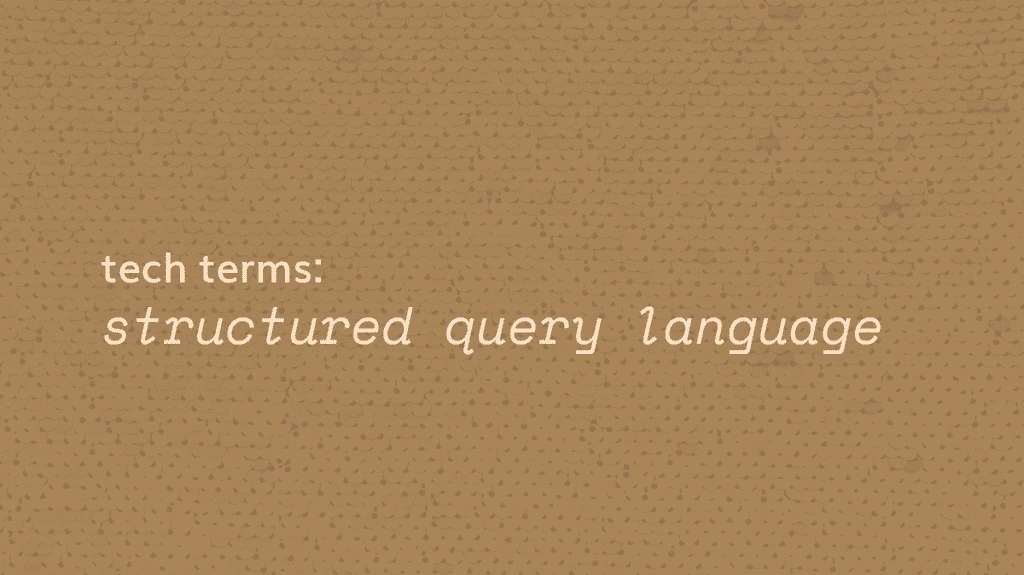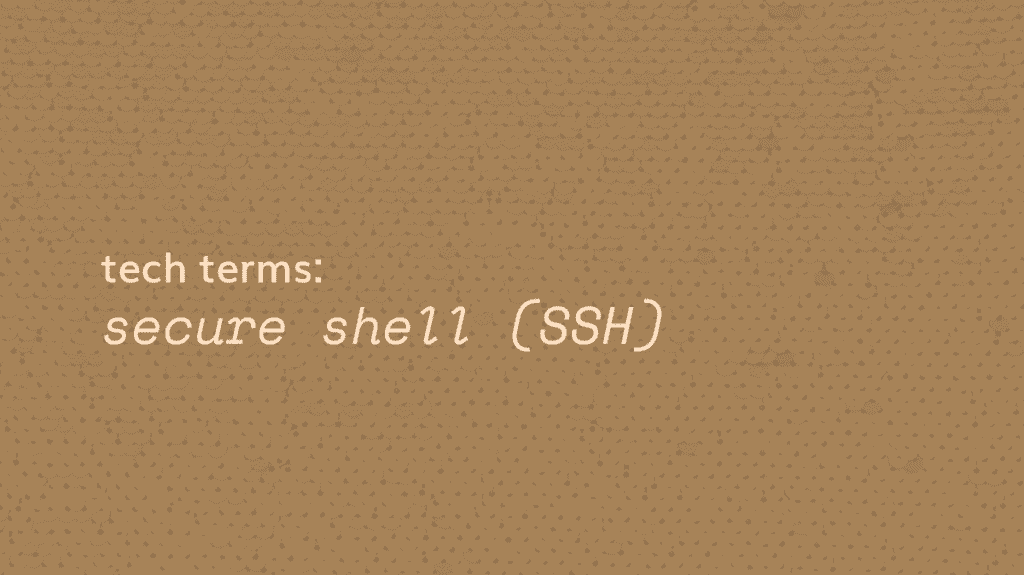
To learn more about structured query language (SQL), please join us for our TIGER Workshop on October 9 at 9:30 am.
There is an abundance of data around us. In the past, it was conventional to store data on bookshelves or in filing cabinets. Nowadays, it’s all about storing online in a database. A database is a systematic way of collecting and managing data. Databases are essential to a prosperous business. And more so, knowing how to access and collect information from a database is a valuable asset to possess. But, in order to retain information from a database, you need structured query language or SQL.
What is SQL?
In simple terms, structured query language (SQL) communicates with relational databases. Relational databases make up a structure of tables. More specifically, the word “relational” relates to the idea of linking tables as well as creating relationships between structured data. SQL was created to simplify the extraction of data. “It is a kind of language (simple when compared to the likes of C or C++) which enables you to ask all your queries to a database without bothering about the exact type of database.”
What is the purpose of using SQL?
The purpose of SQL is to insert, search, update, delete, and create information to a database. SQL makes data management easy to accomplish. In fact, it is useful when optimizing and maintaining databases.
A few relational database management systems that use SQL include Oracle, MY SQL, Sybase, Microsoft SQL Server, Access, Ingres, etc. Each management system has its own SQL syntax. However, the standard SQL commands such as “select,” “insert,” “update,” and “delete” are useful to accomplish almost everything within a standard database.
How does SQL work?
For instance, imagine you have an E-commerce business. There is an excel spreadsheet with four tables titles: customers, purchase item, product, purchases. As a company, you want to know the kind of products customers, in a specific state, purchase. It would take too much time to individually analyze and identify each customer under that criteria. So, to pull that data, you develop a query command using “select,” (the “select” statement, or command, allows the user to extract data from tables, based on specific criteria) to retrieve the information you need.
select “column1” [,”column2″,etc] from “tablename” [where “condition”];
“SELECT Customers.Fname, Customers.Lname, Customers.state, Product.name, FROM Customers, Product, WHERE (((Customers.state) Like “”*o*””));

Why is it important to learn and know the SQL language?
Ultimately, SQL is becoming a universal language. The collection of data happens every second of the day. Therefore, it is vital that you are able to know how to retrieve the information. With SQL, you have the opportunity to optimize and manipulate the data you have collected.
Furthermore, SQL is not a difficult skill to learn. Additionally, it can be useful for everyone. And anyone with the basic English language knowledge can learn and be successful. For those who would like to learn, there are resources such as Prequel for beginners or Used the Index Luke for advanced users, to help increase your knowledge of SQL. Of course, SQL is an essential skill to have in this world today.







